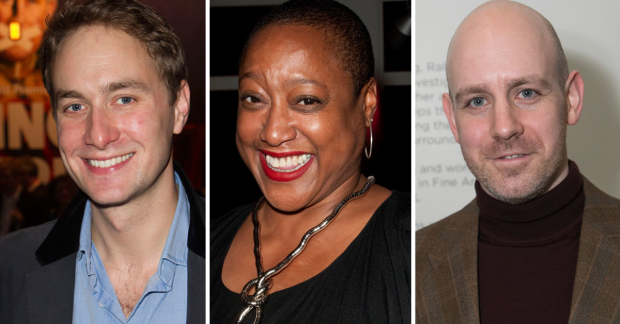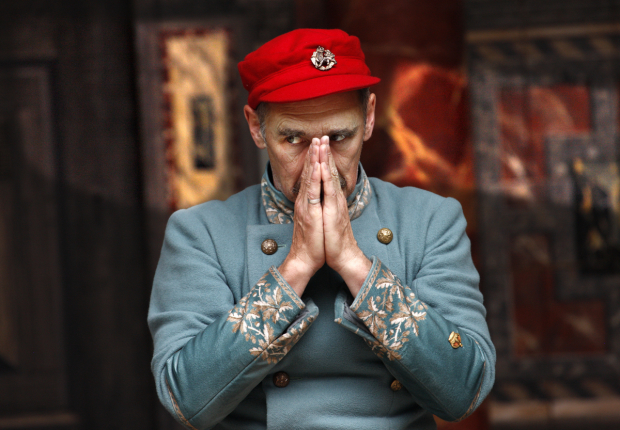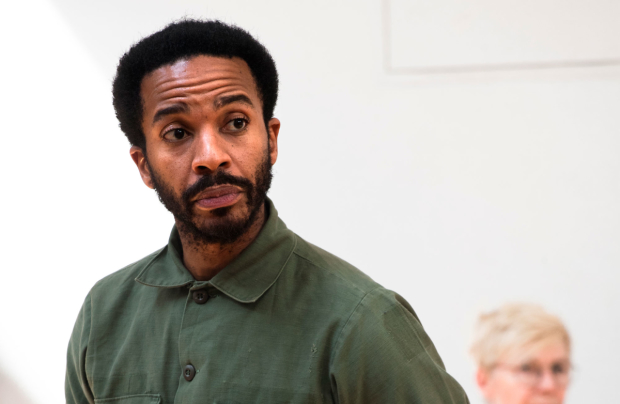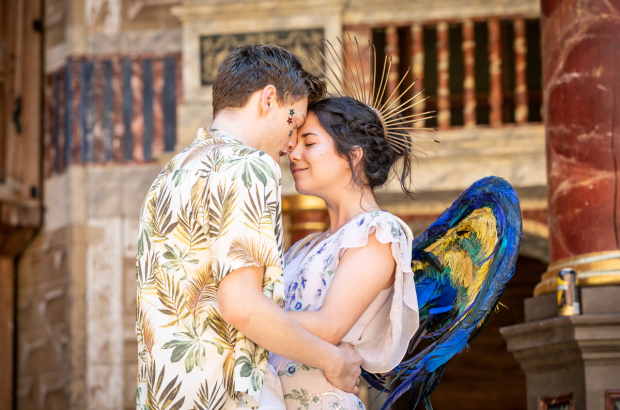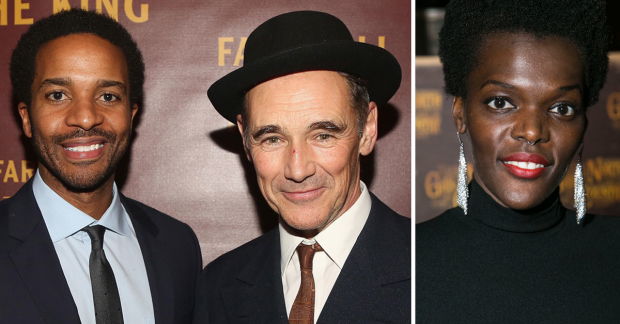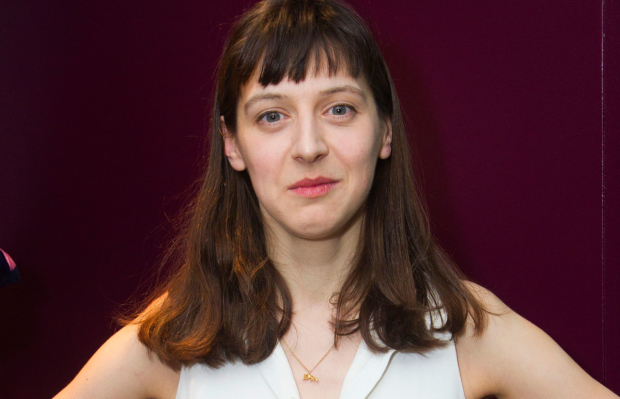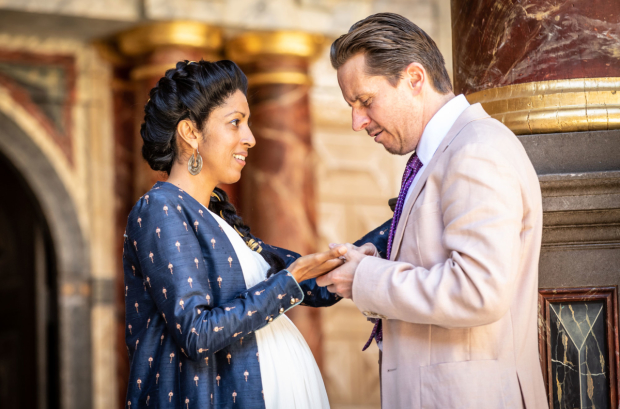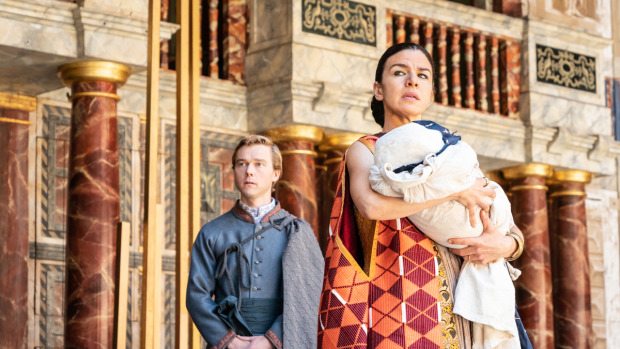Review: Othello (Shakespeare's Globe)
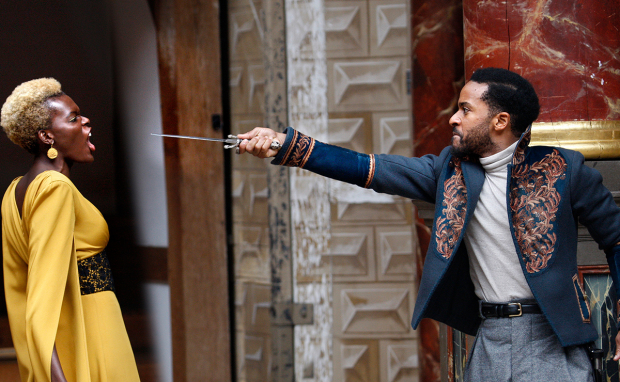
© Simon Annand
The chance to see Mark Rylance return to Shakespeare after too long a break in film has set queues running around the block to see him as Iago.
He used to run the Globe, and he still owns this space, understands it in his bones, and he owns Shakespeare's language too, living inside it so comfortably that he makes it as easy and effortless as breathing. But his interpretation of Iago is so idiosyncratic a performance that it all but unhinges the play.
Under the direction of his wife Claire van Kampen, who is best known for her music direction, he plays the character for laughs, finding comic effect in the most unlikely places. To begin with this works rather well; this Iago is a character so bluff and affectless that people don't really notice what he is up to. He may be the life and soul of a party, leading the company in a mandolin sing-along when they arrive in Cyprus, but for the most part he is invisible. People think he is honest because they don't see him; he lurks on the balcony watching Othello (the American actor André Holland) explain to her distraught father (William Chubb) how he and Desdemona fell in love. No one seems to know he is there.
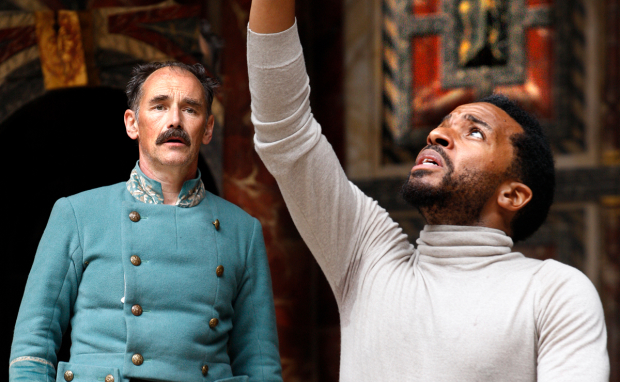
© Simon Annand
When he reveals "I hate the Moor", the sudden calm revelation of loathing is dropped in conversationally, naturally. No big deal. From that point on his plotting whirrs at high speed but is as matter a fact as planning a military campaign. Rylance strongly hints that it is sexual jealousy that motivates him; you believe that he believes that Othello has slept with his wife Emilia (Sheila Atim). But he never raises his voice. All his loathing is impish, mercurial, low-key.
The problems for me arise as the tragedy deepens. It's one thing to smile knowingly at the audience when he is referred to as "honest Iago" but it bothered me that Rylance can raise a laugh when he suggests Othello should strangle Desdemona rather than stab her. The stamp of murderous evil is never there.
This leaves Holland's charismatic Othello stranded too. Best known for his performances in Moonlight and Selma, he's an interesting choice for the part, straight-forward and sexy, encompassing the crowd in his sense of his own good fortune. But faced with such an innocuous opponent, his descent from decency and love into madness and murder seems even more difficult to understand than usual. When he suddenly hits Desdemona, he raises gasps from the audience, so great is the contrast with the charming, urbane man that we have previously encountered. But he can't find the deeper register of tragedy; his rolling Southern tones are better with prose than poetry.
The problem is that in a staging as plain as this, with minimal props and lighting, the actors are very exposed. They are not much helped by a disconcertingly eccentric array of costumes designed by Jonathan Fensom. While the troops seem to be somewhere in the 19th century, in bright turquoise and red berets, poor Emilia is dressed in a crazy sequence of cat suits. That Atim manages to rise above these to produce a performance that develops into one of subtlety and real sad power is an indication of just how good an actor she is.
Jessica Warbeck, who is also saddled with a profoundly unattractive wardrobe, doesn't make much of Desdemona, beyond suggesting her sexual attraction to Othello, but the smaller characters thrive. Catherine Bailey makes a mark as Bianca, while Aaron Pierre is an impressive Cassio and Steffan Donnelly an unusually poignant and much put-upon Roderigo.
In the end, for all the anticipation, this Othello is a disappointment, enjoyable moment to moment but never moving or revelatory.



